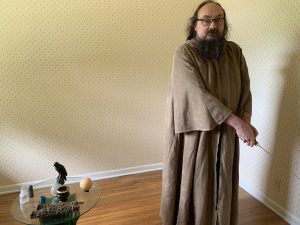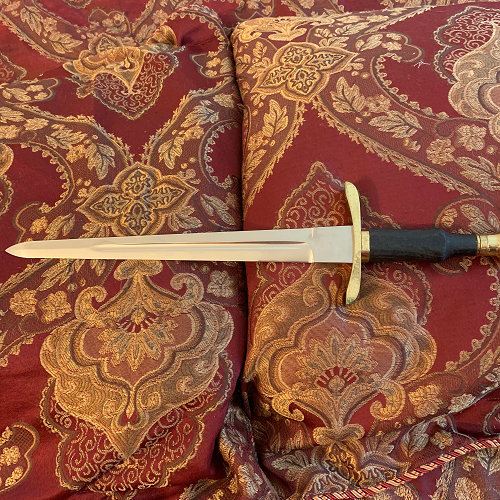
This weekend, I uploaded my second witchcraft video on YouTube. This one is about getting started.
[youtube https://youtu.be/6yg8cwpjnyc]
I appreciate Sarah Anne suggesting this topic to me. It pushed me to think about my recommendations for beginner witches. When people ask how to get started or what to study first, I often reply with, “It depends on what you want to learn.” That’s a true statement. However, it’s not helpful to those just starting out. Going through my personal story while writing this video’s script helped me come up with solid bits of advice. For example, I remembered the basic practices I consider fundamental.
By remembering my own “wrong turns” or “detours,” I remembered to encourage beginners to risk making a few false starts. I found the important message that figuring out what doesn’t work for you — even through trial and error — is an important part of the learning process.
I’m also convinced of the wisdom of my “stick with one book at first” stance. Many will question that position. However, I think that critical engagement with a single text really is important for beginners. With luck, they will seek out further sources as a result of that engagement.
Of course, there is one bit of advice that I did not cover in this witchcraft video. I still think it’s vital to define what one hopes to get out of witchcraft.



